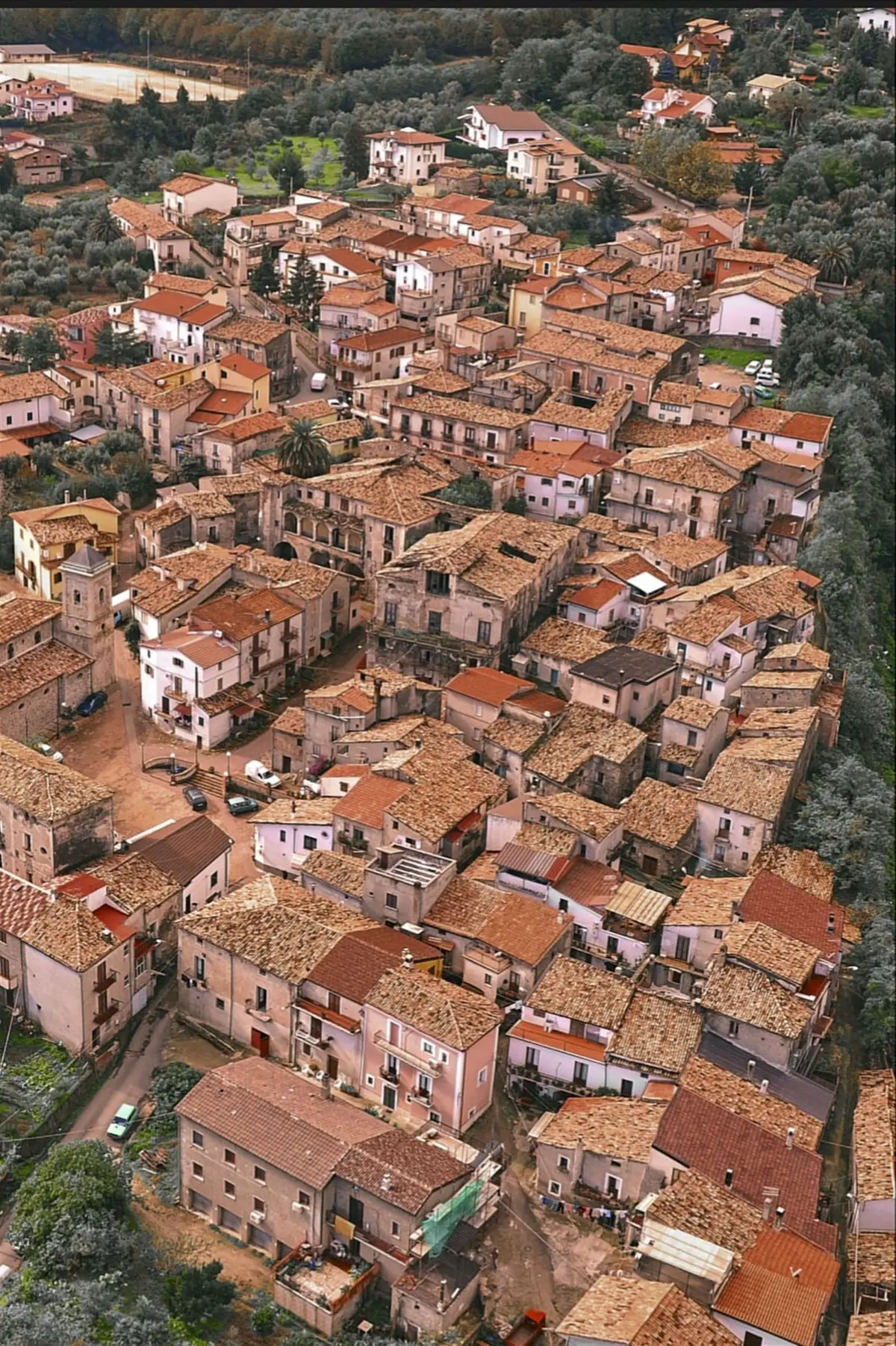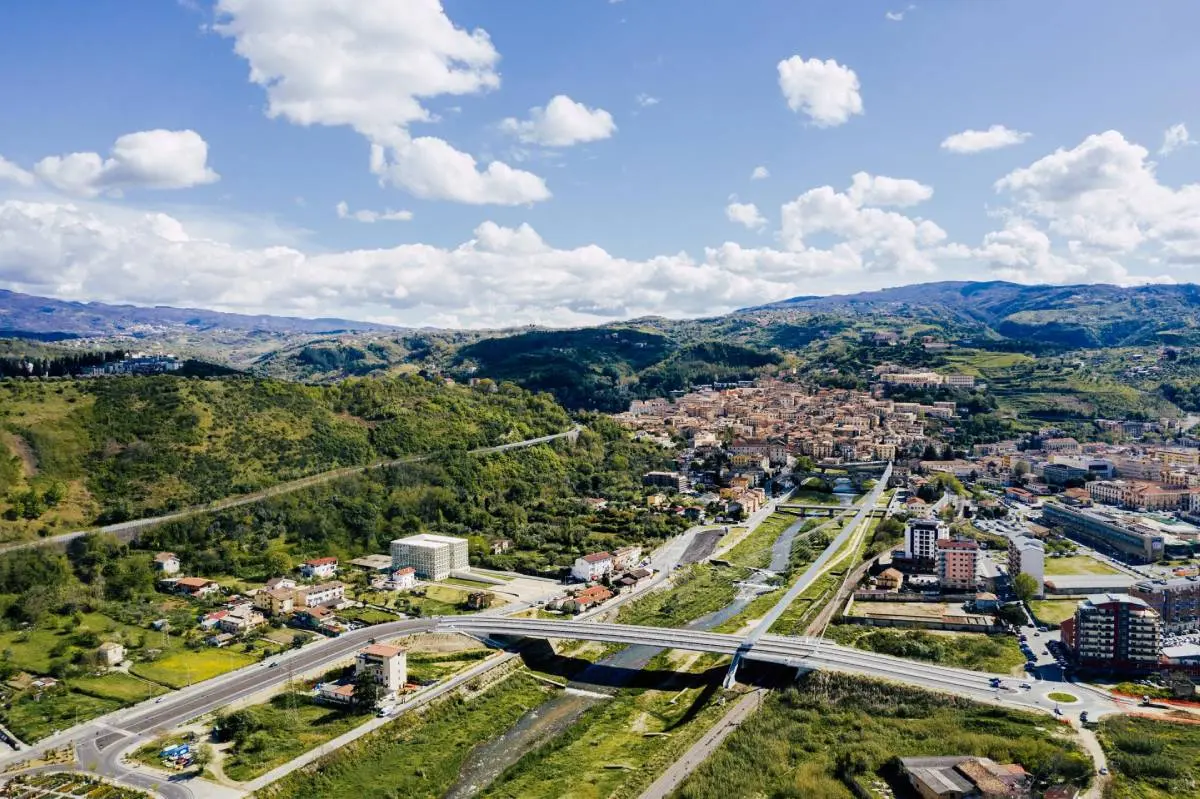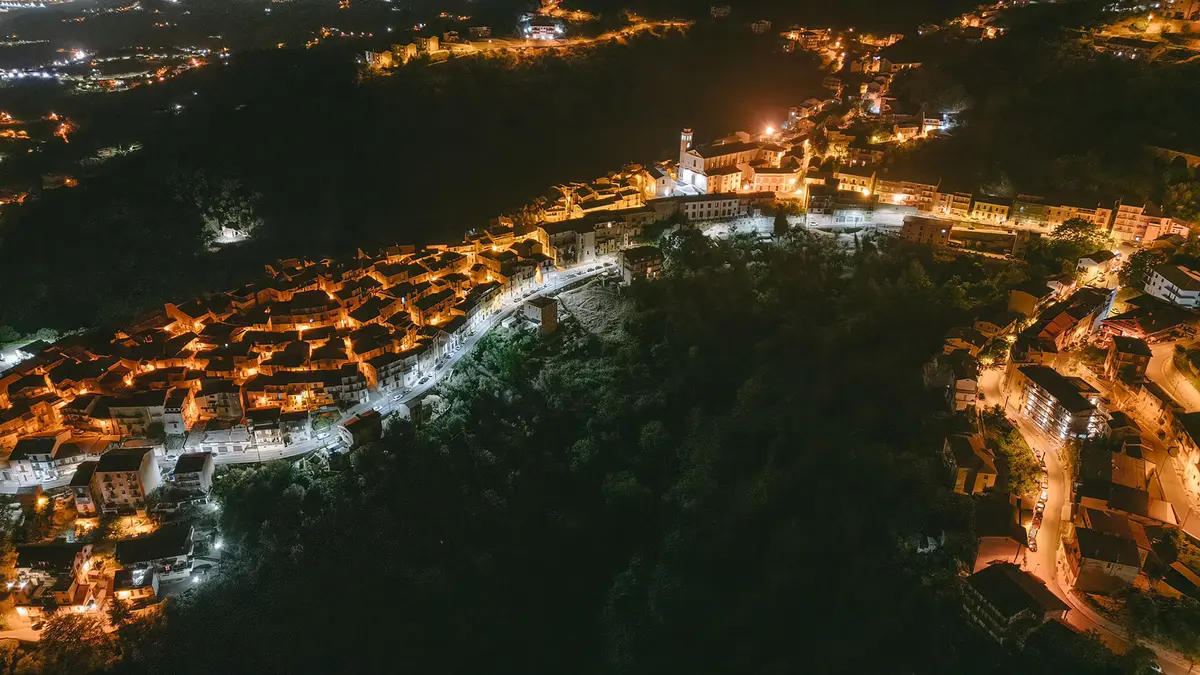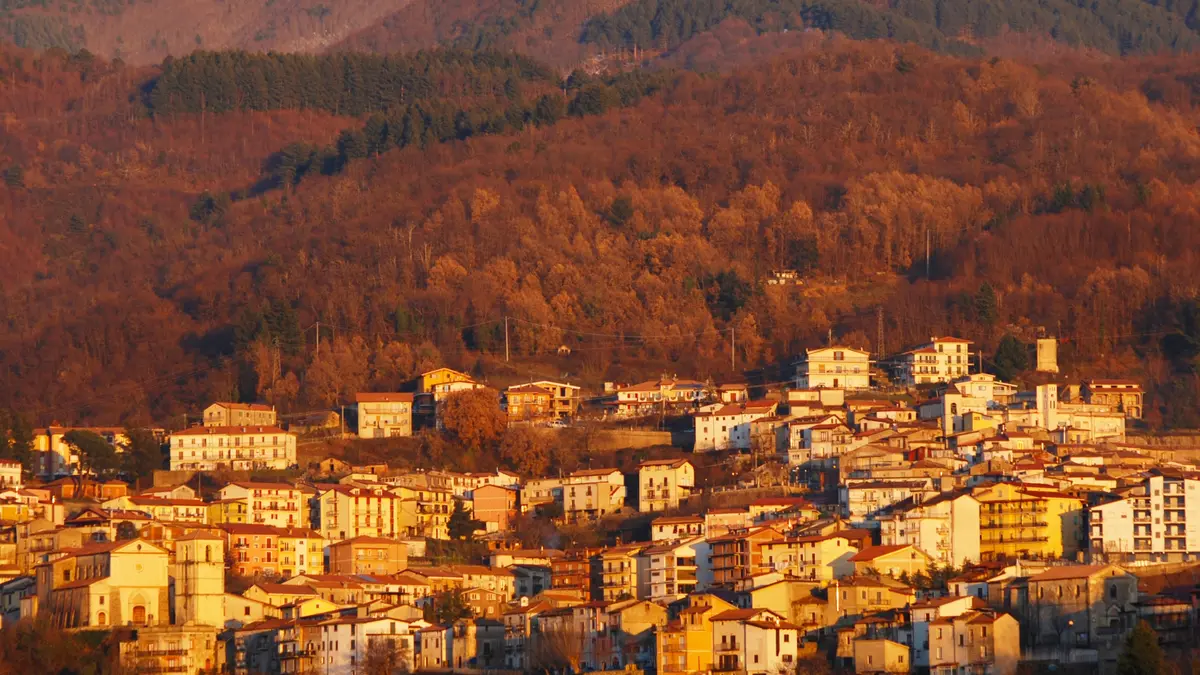Montalto Uffugo
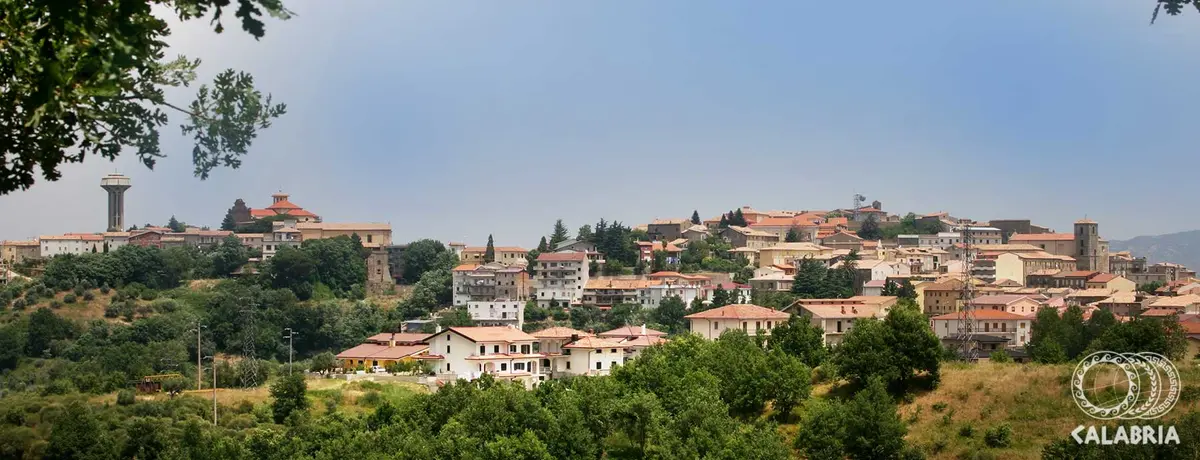
Mountain
Montalto Uffugo is an important commercial center of the Cosenza hinterland. The ancient town is characterized by buildings with sandstone portals and wrought iron balconies. Ruggero Leoncavallo, the great Neapolitan musician and tenor, chose Montalto as the setting of his masterpiece, the opera Pagliacci, composed in 1892. The plot of Pagliacci was based on a real tragic event that occurred in the town. The origins of Montalto date back to ancient times: Livy (XXX, 19) mentioned the town when he told about the Bruttian opposition against Hannibal. Artefacts from the 6th and 5th centuries B.C. and stone fragments are kept in Reggio Calabria Museum. Several scholars assumed that Montalto was located in the Pantoni district, were archaeological artefacts were found. This marsh area, however, that was often flooded when the Crati river overflowed, was not suitable for developing settlement.
The town was therefore built in an upper area known as Trisoria, a traditional name derived from many archaeological findings. Merchants and travelers, coming probably from the nearby Lucania, used to pass through or stop in these areas. This theory was confirmed by an antefix showing Hercules fighting with the Nemean lion, that has many common features with the coin of the same age reproducing the same scene. The coin was forged in Taras (present-day Taranto), the only Spartan colony of Magna Graecia. In the Middle Ages, Montalto housed several Waldensian, Albanian and Jewish communities. In 1561, 86 Waldensians were publicly executed in the town, following the systematic political and religious persecution that involved other villages too. Monasteries of Friars Minor, Capuchins, Carmelites, Dominicans and Poor Clara Convent were built in Montalto. Montalto plays a fundamental role in the area, because it has acted as a bridge between flatland and mountain economies. The town has become the pivoting center of the activities of the area, and has developed under many respects, including socio-economic and cultural life.
No result

